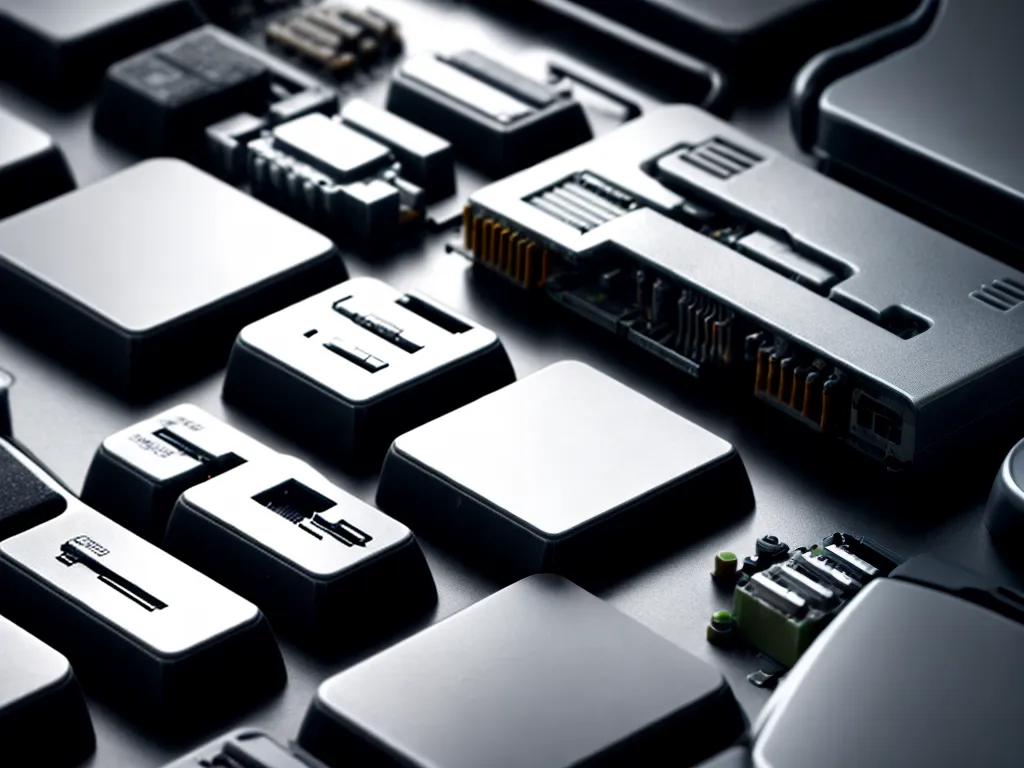
A slow computer can be incredibly frustrating. Before you take it in for expensive repairs, try some of these tips to speed it up yourself. You may be able to fix the issue without breaking the bank.
Clean Up Your Hard Drive
One of the most common reasons for a slow computer is a cluttered hard drive. When your hard drive starts to fill up, your computer has to work harder to find files and save new information. Make sure you:
- Delete old files, photos, downloads, and programs you don’t need anymore. Empty the Recycle Bin.
- Run Disk Cleanup to remove temporary files, unnecessary Windows files, and other clutter.
- Uninstall programs you never use.
- Move files like photos, music, and videos to an external hard drive or cloud storage. This frees up space on your main hard drive.
Update Your Software
Outdated software can bog down your system. Make sure you have the latest versions installed:
- Update Windows – Go to Settings > Update & Security. Install any available updates.
- Update drivers – Check the manufacturers’ websites for newer drivers for your graphics card, mouse, printer etc. Update any that are out of date.
- Update other software like Microsoft Office, Adobe apps, etc. Newer versions run faster and have security patches.
Check for Malware
Malicious software like viruses, spyware, and malware can secretly slow down your computer. Run scans to remove any infections:
- Use Windows Security or Windows Defender. Go to Settings > Update & Security > Windows Security. Run a full scan.
- Download a highly-rated third party antivirus like Malwarebytes or Avast. Run a full system scan.
- Use Malwarebytes AdwCleaner to detect and remove adware and toolbars.
Turn Off Visual Effects
Windows visual effects like transparency can waste resources. Disable any unnecessary ones:
- Go to Control Panel > System > Advanced System Settings. Click Settings in the Performance section.
- On the Visual Effects tab, choose “Adjust for best performance” to disable most effects.
Stop Programs on Startup
Too many programs starting when you boot your PC can really slow it down. Stop ones from running automatically:
- Type “Run” into the Windows search bar and open it.
- Type “msconfig” and click OK to open the System Configuration window.
- Go to the Startup tab and uncheck any programs you don’t need starting with Windows.
Check for Overheating Issues
If your computer is getting too hot, it may throttle your CPU speed to cool down. Check for overheating problems:
- Open the case and use compressed air to clean out dust buildup on fans and components.
- Repaste the CPU with fresh thermal paste if temps are still high.
- Make sure there is adequate airflow around the case and components aren’t jammed together.
Upgrade Hardware
If your computer is several years old, the hardware may be outdated. Upgrading can provide a big speed boost:
- Add RAM – Increasing memory reduces the need to swap files to your hard drive.
- Get an SSD – Solid state drives are much faster than traditional hard drives. Use for your OS and programs.
- Upgrade graphics card – A newer GPU improves gaming performance and visuals.
- Replace old CPU – Faster processors like Intel Core i5 and i7 greatly improve overall speed.
Try these tips before taking your slow computer to the repair shop. Basic maintenance and upgrades can often restore lost performance. But if you still have issues, don’t hesitate to visit a technician for help.












